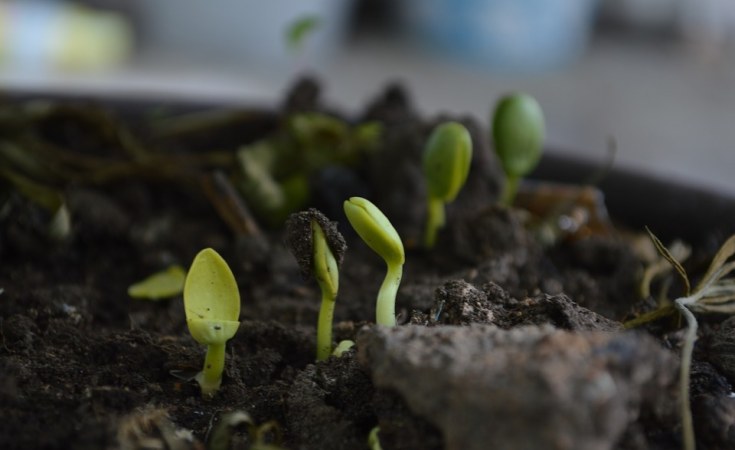Indigenous knowledge and traditional practices have played a critical role in development all over the world. For centuries, various disciplines ranging from medicine to biodiversity conservation have drawn on these resources.
On the African continent, societies have been guided by a wide range of beliefs, norms, customs and procedures in managing their ecological and social systems.
For example, cultural values and social practices have helped communities achieve sustainable agriculture. These include traditional practices in food preservation, weather monitoring and forecasting and crop production.
Unfortunately, indigenous knowledge of agricultural practices is rapidly disappearing, because it is not being preserved. One possible solution is digitalisation. This involves using modern information and communication technologies to capture, store and share farmers' traditional wisdom and practices.
I conducted a literature review to explore the benefits and challenges of preserving indigenous agricultural knowledge in a digital form in Africa.
I found that mobile phones, computers, cameras, scanners and voice recorders were useful tools for this purpose. But the process must involve the local communities that use these practices. They are the creators, guardians and sharers of indigenous knowledge through their lived experiences and practices.
Their participation is critical for a number of reasons. One is that they would improve the quality and accuracy of knowledge stored in digital form. Another is that they would avoid errors or misunderstandings that might arise from language or cultural barriers.
Digital technologies can enable wider use of indigenous knowledge. They can promote better management of agricultural resources and preserve traditional practices.
I also identified several challenges that hinder the process. Policy gaps, network connectivity issues and the high cost of digital tools were among them.
The findings of this study could inform policies and interventions to record and share indigenous knowledge in Africa.
Digitalisation: what's missing?
Digital technologies are already widely used in Africa, particularly among smallholder farmers. They are used in irrigation farming, precision farming, drought predictions, micro-climate monitoring, and crop disease risk assessments. Efficiency, productivity and functionality are among the claimed benefits.
But my study found little evidence of indigenous agricultural knowledge being preserved. Some countries are making progress, however. South Africa has developed a system to document indigenous knowledge. Kenya, Tanzania and Uganda are also developing and using knowledge management initiatives. In Ghana, people are recording traditional knowledge of forest food and medicine.
More needs to be done.
How it could be done
Indigenous agricultural knowledge can be collected, processed, stored and shared in various formats. Technologies such as smartphones, voice recorders and video cameras can capture texts, videos, images and voice narrations about indigenous plants and traditional agricultural practices.
These could cover information on crop production systems, food preservation and livestock management. Weather and seasonal forecasting would be another area to cover. Management of resources like soil and water would also be useful to record.
The study found that databases of these practices and information could be a great resource for farmers. They could share their experiences of applying indigenous practices on various digital platforms. Other users could provide feedback.
My research also showed that the internet would be a valuable tool. Information could be shared on platforms such as Facebook, YouTube and TikTok.
Hurdles to overcome
The study identified several challenges facing the digitalisation of indigenous agricultural knowledge. Affordability of smartphones is sometimes an issue for smallholder farmers. And connectivity is sometimes poor in rural or semi-urban areas.
Governments could make strategic investments to overcome these challenges.
I argue in my paper that the application of indigenous agricultural knowledge practices could help address declining agricultural productivity on the continent.
In addition, I argue in favour of promoting indigenous knowledge of agricultural practices to address social challenges. Indigenous knowledge has a contribution to make to sustainable agricultural productivity and food systems. It also offers insights that may be useful for conserving natural resources such as water, forests and land.
Mourine Sarah Achieng, Post Doctoral Fellow, University of South Africa


